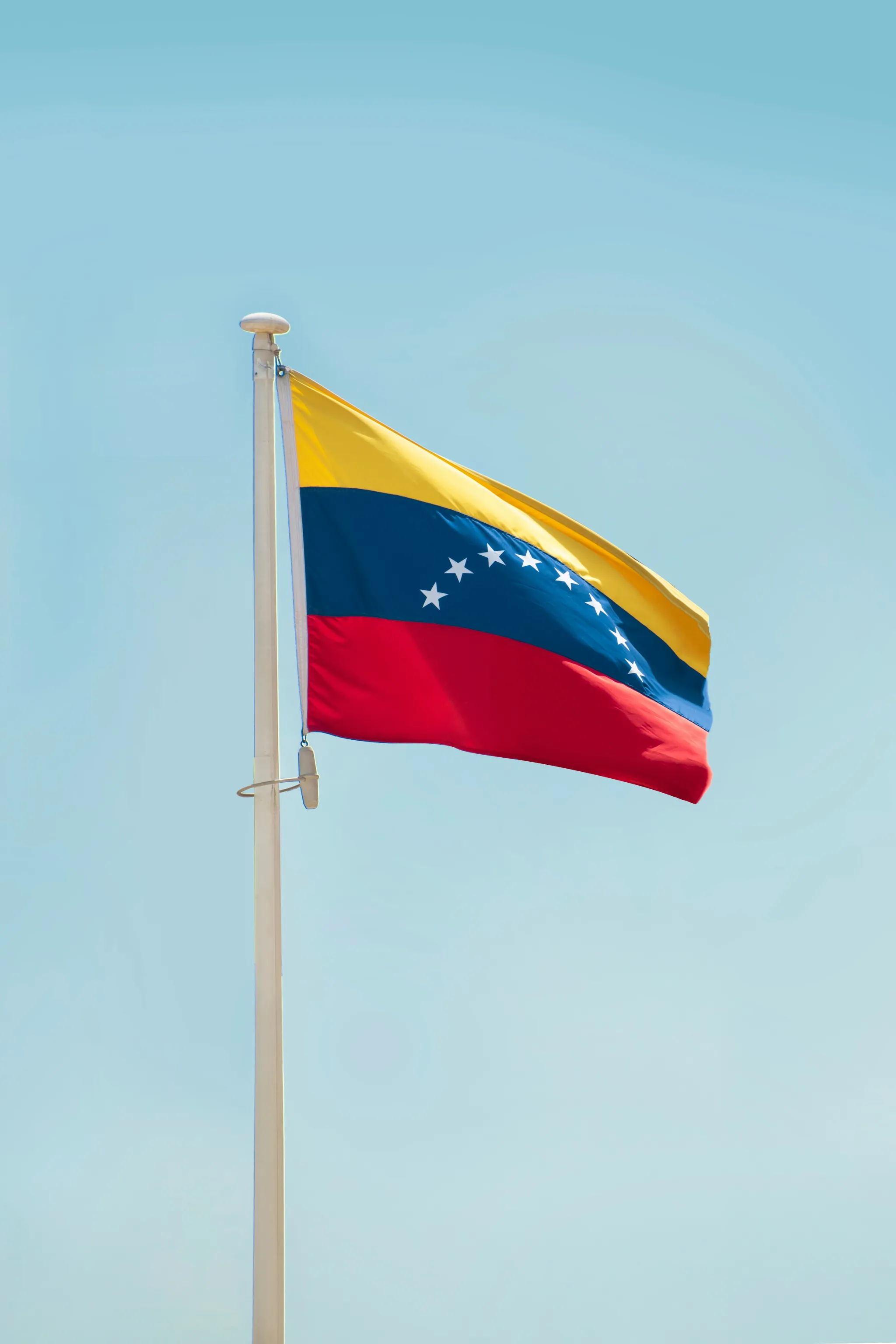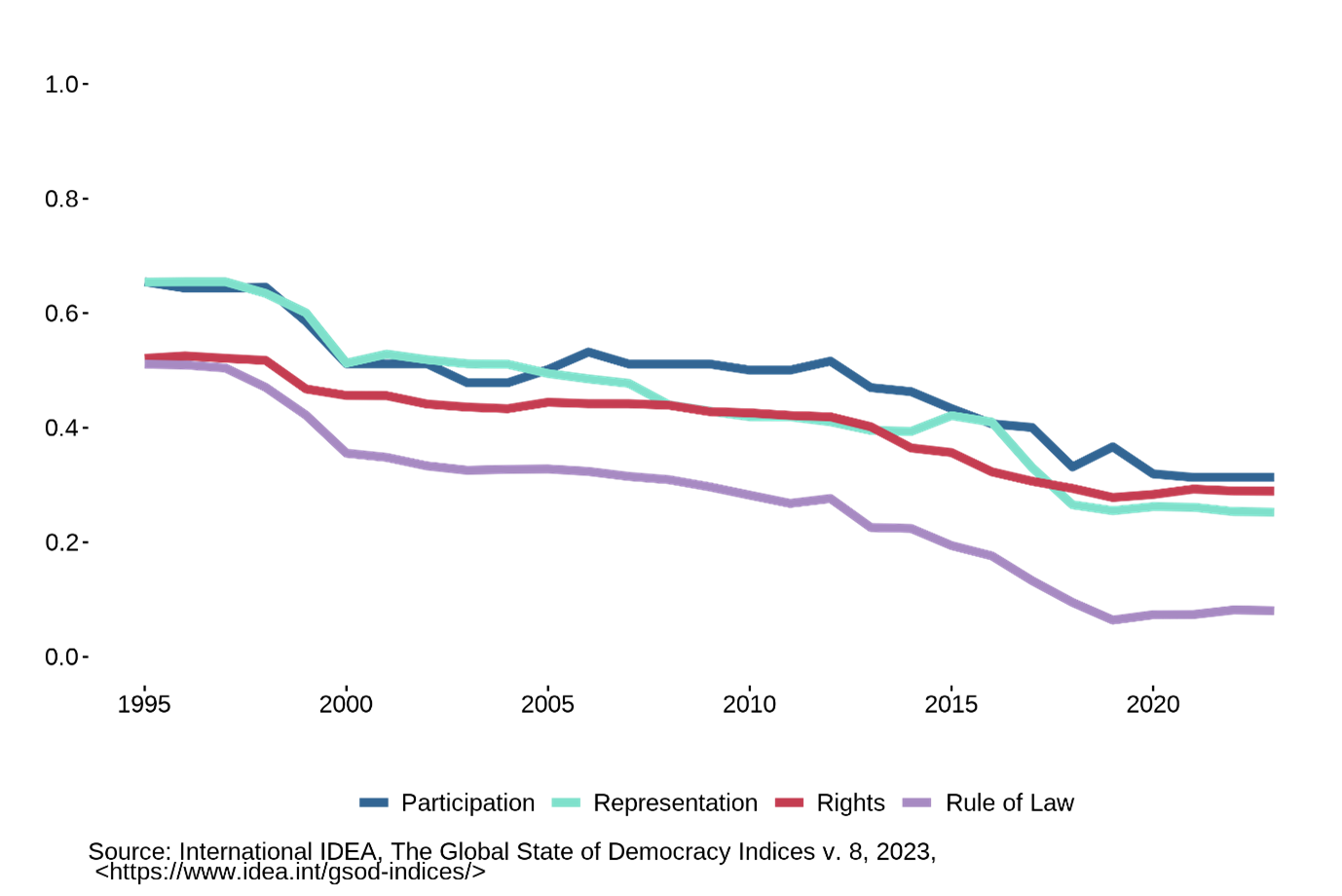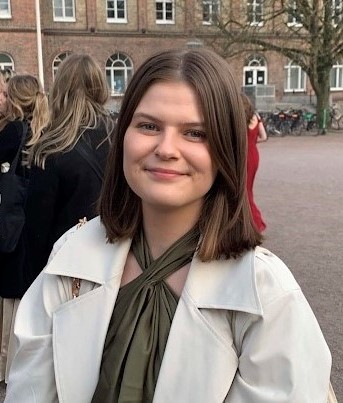Explainer: What has changed and what has stayed the same in Venezuela’s presidential election

On 28 July, Venezuelans will vote in national elections to choose a president for a six-year term beginning in January 2025. After a turbulent path for the opposition alliance Unitary Platform (Plataforma Unitaria, PU) to register a candidate, Edmundo González Urrutia will be up against incumbent president Nicolás Maduro from the United Socialist Party of Venezuela (Partido Socialista Unido de Venezuela, PSUV). There have been some signs that this election will be more open and competitive, but observers note several continuing obstacles to a level playing field.
Who are the opposition, and will they be able to compete on a level playing field?
Although other candidates will also appear on the ballot, the PU is the leading alternative to the PSUV. For the first time in over a decade, Venezuela's opposition has a small chance of winning the election. Nonetheless, it is already evident that they will not be competing on even terms. The PU’s initial candidate, María Corina Machado, won 90 percent of the votes in last year's opposition-held primaries. However, she was disqualified from running by Venezuela's Supreme Court. Her replacement, Corina Yoris, was also blocked. After the electoral authorities granted the PU a temporary extension period for registering a new candidate, it unanimously nominated Edmundo González Urrutia, a former diplomat.
What is the context in which the election will take place?
Venezuela is at a critical point, with 85 percent desiring a change in government due to severe economic decline, corruption, and political repression under the leadership of Nicolás Maduro. Despite having the world's largest oil reserves, mismanagement and U.S. sanctions have plunged the country into one of the worst humanitarian emergencies witnessed outside of war, leaving around 19 million people in need of aid. Widespread shortages of food, medicine, and adequate housing have prompted millions to flee the country.
International pressure has been an important factor in the push for a free and fair election. The US initially lifted some of its sanctions on the Venezuelan gas and oil sector following the signing of the Barbados Agreement to encourage fairer electoral conditions. However, these sanctions were later reimposed after Machado's candidacy was banned.
What is the status of democracy in Venezuela?
Venezuela has experienced one of the world's most rapid declines in democracy in recent years. It performs in the bottom 25 percent across the majority of democratic factors and in 2023, Venezuela ranked last of all 173 countries in the Rule of Law category. As illustrated by the graph below, democracy in Venezuela (once considered to be the most stable and prosperous in Latin America) has deteriorated since the late 1990s. However, in the last five years the country has seen particular deterioration in Free Political Parties, Elected Government, Credible Elections, Personal Integrity and Social Group Equality.
Graph: Venezuela's performance across the GSOD key attributes over the past decades.
The Maduro government has continued to limit free speech and freedom of assembly and association. For example, on 2 April, the ‘Law against Fascism, Neofascism and Similar Expressions’ received preliminary approval by Venezuela’s National Assembly. Under this law, criticism of the Maduro government could be criminalized, an aspect widely denounced by human rights organizations. The expulsion of the UN Human Rights Office in Venezuela in the beginning of 2024 is also a prominent example of Maduro’s persistent repression.
What about the Venezuelan diaspora?
The Venezuelan diaspora, comprising approximately 7.7 million people primarily in Latin America and the US, includes about 4.5 million potential voters. Historically, these voters have favored the opposition. However, many lack permanent legal residence in their host countries, a legal requirement for voting by Venezuelan authorities. In addition, there have been delays and irregularities in the electoral registration process for the diaspora across Latin America. Maduro's government has imposed new, costly, and time-consuming requirements, preventing some from both registering and voting. Poor diplomatic ties with several countries have caused the Venezuelan government to further hinder the voting process.
Will the election on 28 July be any different?
After the 2018 election, which was marred by irregularities, the negotiations held over the past year between the Maduro government and the PU brought about hope, particularly after the Barbados Agreement was signed. This development gave cause for cautious optimism that conditions for a free and fair election, with international observers present, might materialize. However, with the election date rapidly approaching there seems to be no indication that this will be the case.
The PU’s ability to compete on even terms remains doubtful and the Venezuelan government recently revoked its invitation to EU election observers. Although the vote count will be crucial, there are already widespread and legitimate concerns about continued irregularities and manipulation of the electoral process. In any event, many fear a government shift would only happen through an amnesty deal, including pardons for government officials accused of serious crimes, including crimes against humanity.
Unfortunately, the levels of transparency and legitimacy in this election are expected to mirror previous ones. However, growing discontent with Maduro's government is giving the opposition more momentum, increasing pressure on Maduro to step down, and providing hope for a return to democracy in the future.
Disclaimer: Opinions expressed in this commentary are those of the authors and do not necessarily represent the institutional position of International IDEA, its Board of Advisers or its Council of Member States.





